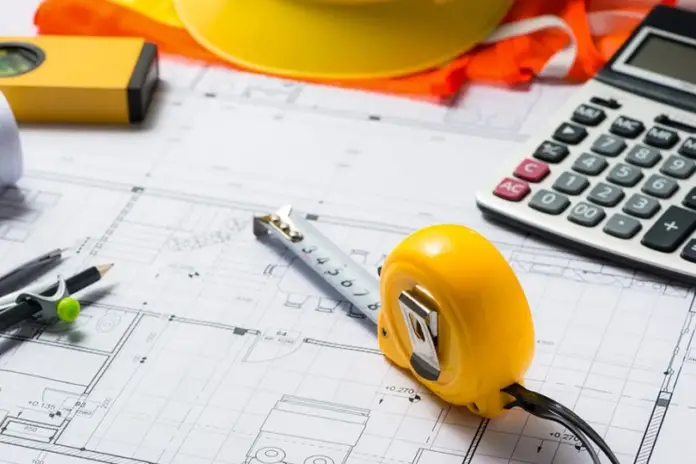The high-risk nature of construction means projects are often prone to project delays, design flaws and contractual disputes. Each one of these challenges comes at additional expense, ranging from labour and materials to equipment and subcontractors.
The staggering £32 billion splurged on the HS2 project is just one example of how costs can get out of control during construction. Carefully budgeting and exercising oversight can mean the difference between a profitable project and one that costly overruns.
Here, we explore key strategies to control costs throughout each stage of your construction project, from planning to completion.
Thorough Planning and Budgeting
Start with a detailed project plan that clearly defines each phase of the build, including timelines, resource allocation and expected costs. An all-encompassing budget sets a financial baseline, allowing stakeholders to align on expectations and objectives.
It should also factor in contingencies for unforeseen events. Involving all key stakeholders in this stage can prevent surprises down the line by identifying potential risks and how these will be counteracted to keep costs down as much as possible.
Implementing Value Engineering
Value engineering is an essential tool in cost management, allowing projects to achieve the best function at the lowest available cost. This approach focuses on optimising materials, designs and processes to save on costs without sacrificing quality.
For example, substituting expensive materials with alternatives that offer similar durability or performance can free up some of the budget. This can then be used elsewhere.
Engaging in value engineering early on allows contractors and managers to determine the most cost-effective choices from the project’s outset.
Utilising Modular Building Hire for Flexibility
For large or phased undertakings that need temporary or adaptable space, modular building hire can be a game-changer. This reduces the costs associated with erecting permanent facilities while providing the flexibility to add or relocate space as needed.
Modular solutions save on construction time and boost sustainability through the integration of reusable components. They can be installed and dismantled quickly and can contribute to environmental targets.
Effective Vendor and Supplier Management
Engaging in competitive bidding allows for transparent pricing and ensures you’re getting the best deal from reliable suppliers. Once contracts are awarded, maintaining open communication with vendors and consistently monitoring their performance helps uphold quality and timeliness.
By negotiating favourable terms upfront such as bulk discounts or extended payment schedules, you can further optimise costs.
Continuous Monitoring and Control
Regularly tracking expenses against the projected budget and timeline allows contractors to identify discrepancies early. Implementing real-time dashboards or project management software can streamline this process by providing visibility across all phases of the project.
If deviations from the budget or schedule are detected, swift corrective actions can be taken, such as reallocating resources or adjusting schedules.







